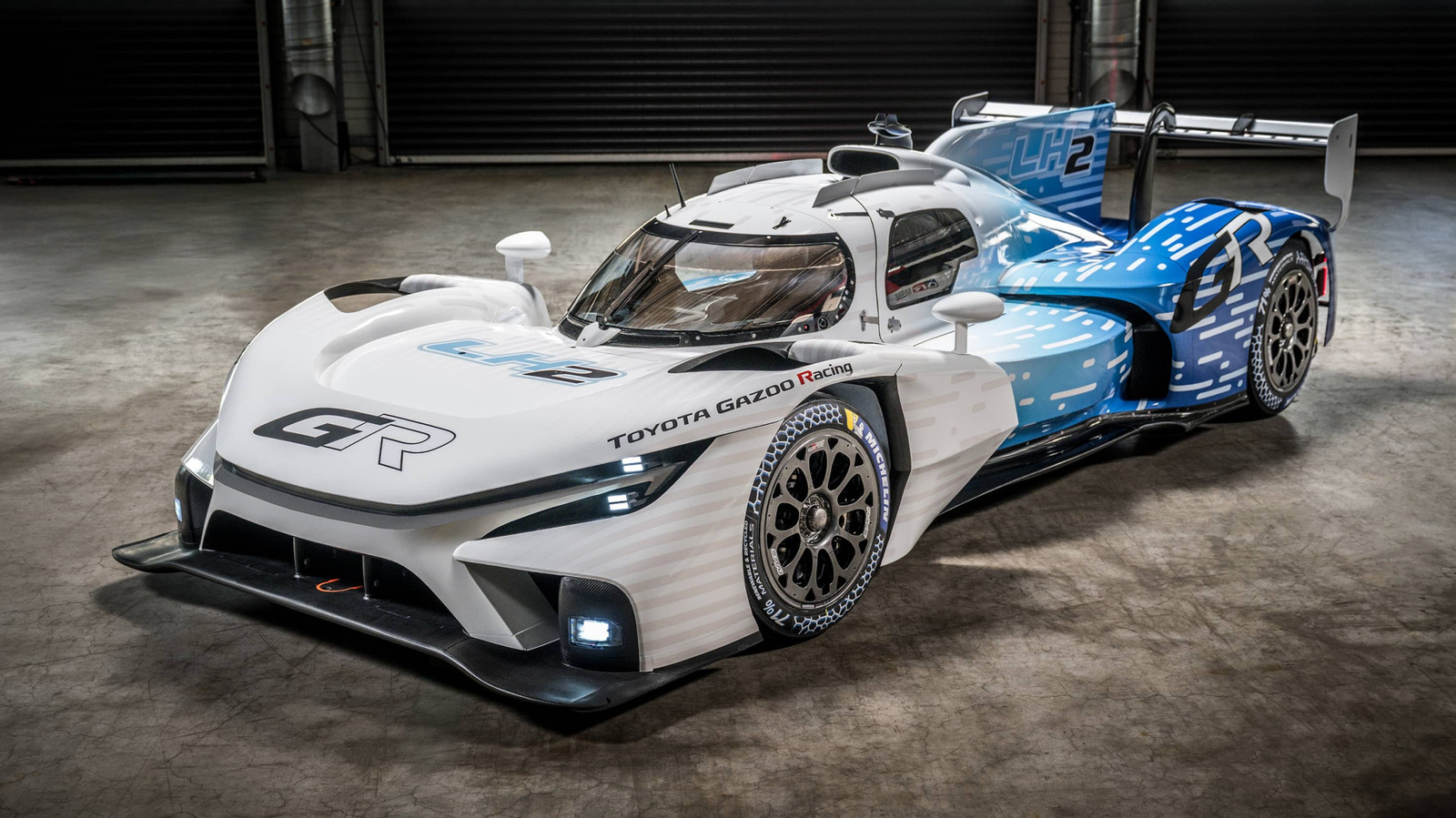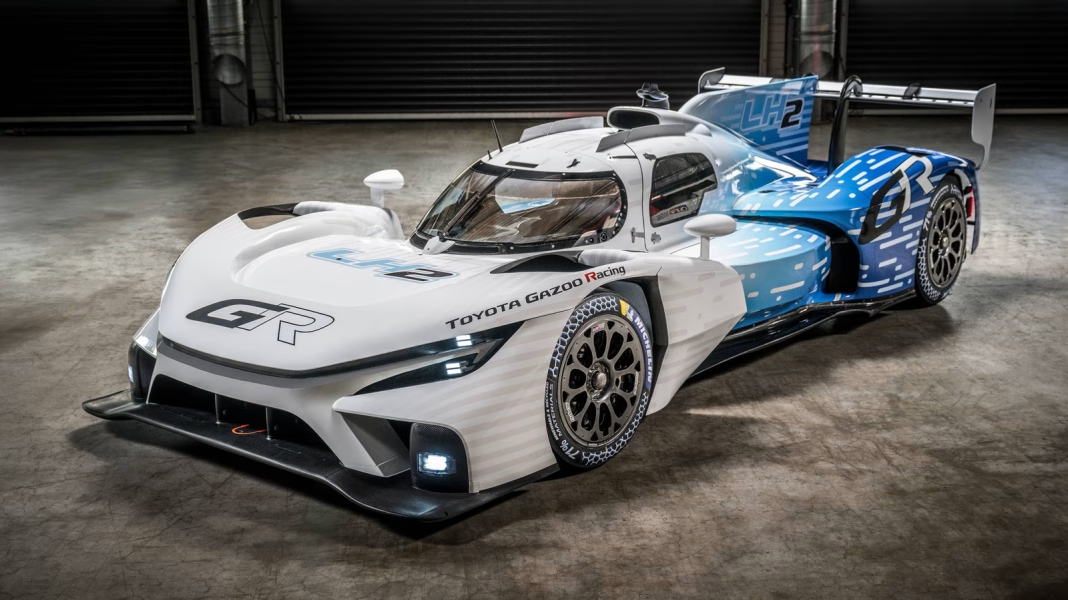The GR LH2 Racing Concept is making waves in the automotive world, and for good reason. This innovative test car, derived from Toyota’s GR010 Hybrid Hypercar, is not just a glimpse into the future of racing; it’s a bold step toward a more sustainable motorsport landscape. With hydrogen fuel cell technology at its core, the GR LH2 is designed to compete in the grueling Le Mans 24-hour race, showcasing Toyota’s commitment to eco-friendly performance.
What Makes the GR LH2 Stand Out?
At first glance, the GR LH2 Racing Concept might look like any other high-performance race car, but its heart beats with a different kind of energy. Unlike traditional combustion engines, this vehicle harnesses the power of hydrogen, converting it into electricity through a fuel cell. This means that while it delivers the exhilarating speed and agility expected from a racing machine, it does so with zero emissions. Imagine the roar of a race car, but without the environmental impact. That’s the vision Toyota is bringing to life.
The design of the GR LH2 is also a testament to Toyota’s engineering prowess. Built on the same platform as the GR010, it retains the aerodynamic efficiency and lightweight structure necessary for high-speed racing. However, the integration of hydrogen technology introduces new challenges and opportunities for engineers. They’re not just optimizing for speed; they’re also innovating in fuel storage and energy management, ensuring that the car can perform at its best over long distances.
Why Hydrogen?
Hydrogen fuel cells are gaining traction as a viable alternative to traditional fuels, especially in the automotive sector. They offer several advantages: quick refueling times, longer ranges compared to battery electric vehicles, and the potential for a more sustainable energy cycle. As the world shifts toward greener solutions, hydrogen is emerging as a key player, particularly in racing where performance and efficiency are paramount.
Toyota is not alone in this endeavor. The automotive industry is witnessing a growing interest in hydrogen technology, with various manufacturers exploring its potential. However, Toyota’s commitment to racing with hydrogen sets it apart. By testing this technology in the high-pressure environment of motorsport, they’re not just pushing the limits of performance; they’re also gathering invaluable data that could influence the future of consumer vehicles.
What’s Next for the GR LH2?
As the GR LH2 Racing Concept gears up for its debut, the excitement is palpable. The car is set to participate in various testing events leading up to its official racing debut. This phase is crucial, as it will allow engineers to fine-tune the vehicle’s performance and address any challenges that arise during real-world conditions. The insights gained here will be instrumental in shaping the future of hydrogen-powered racing.
Moreover, the implications of the GR LH2 extend beyond the racetrack. Successful integration of hydrogen technology in racing could pave the way for broader acceptance in everyday vehicles. If fans see their favorite teams racing with hydrogen-powered cars, it could spark interest and demand for similar technologies in consumer markets.
The big takeaway? The GR LH2 Racing Concept isn’t just about showcasing Toyota’s engineering capabilities; it’s about leading the charge toward a sustainable future in motorsport. By embracing hydrogen, Toyota is not only redefining performance but also setting a precedent for the industry. Start keeping an eye on this innovative vehicle, because it might just change the way we think about racing—and the environment—forever.


